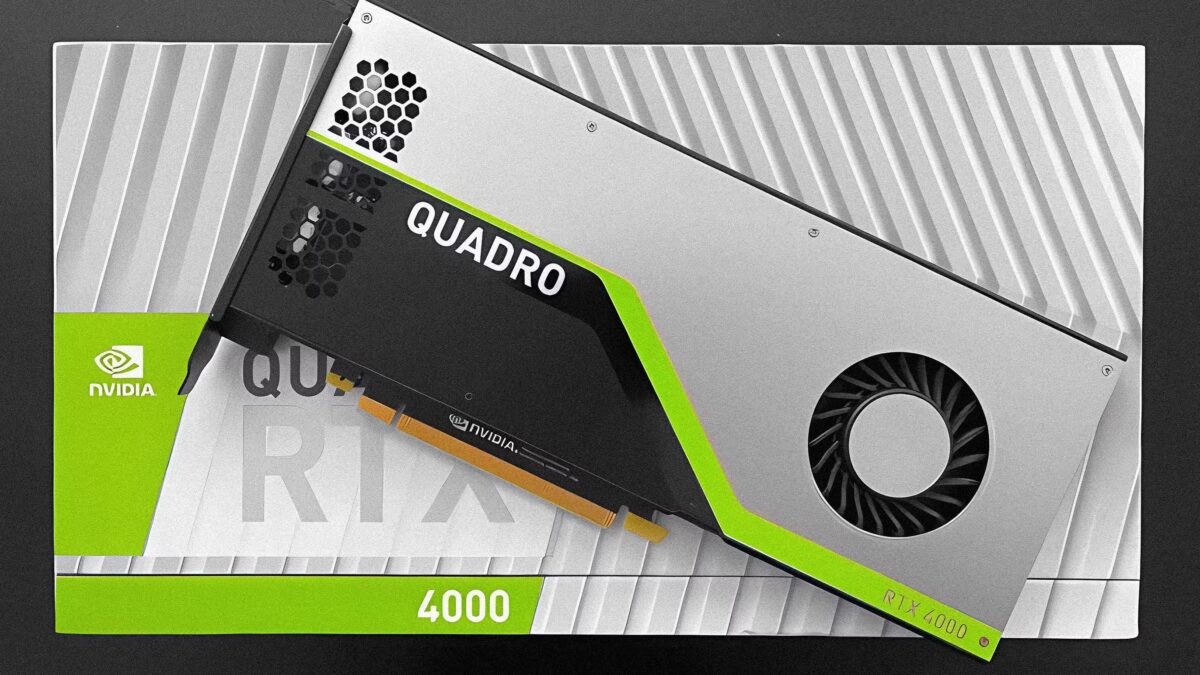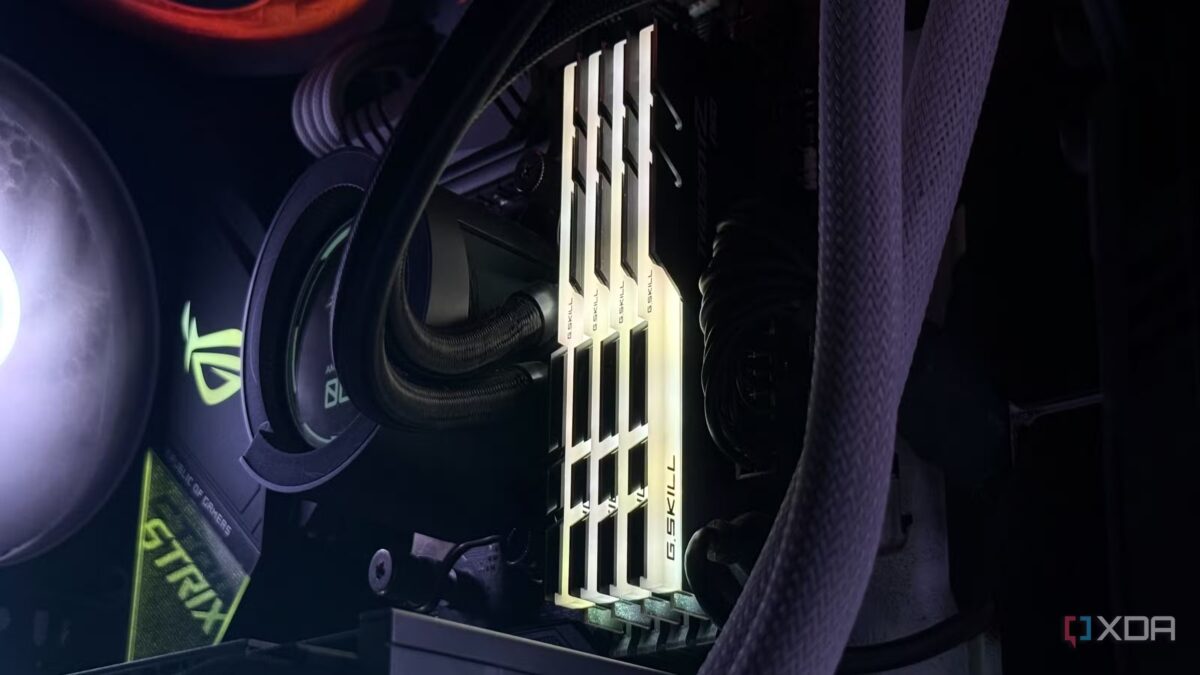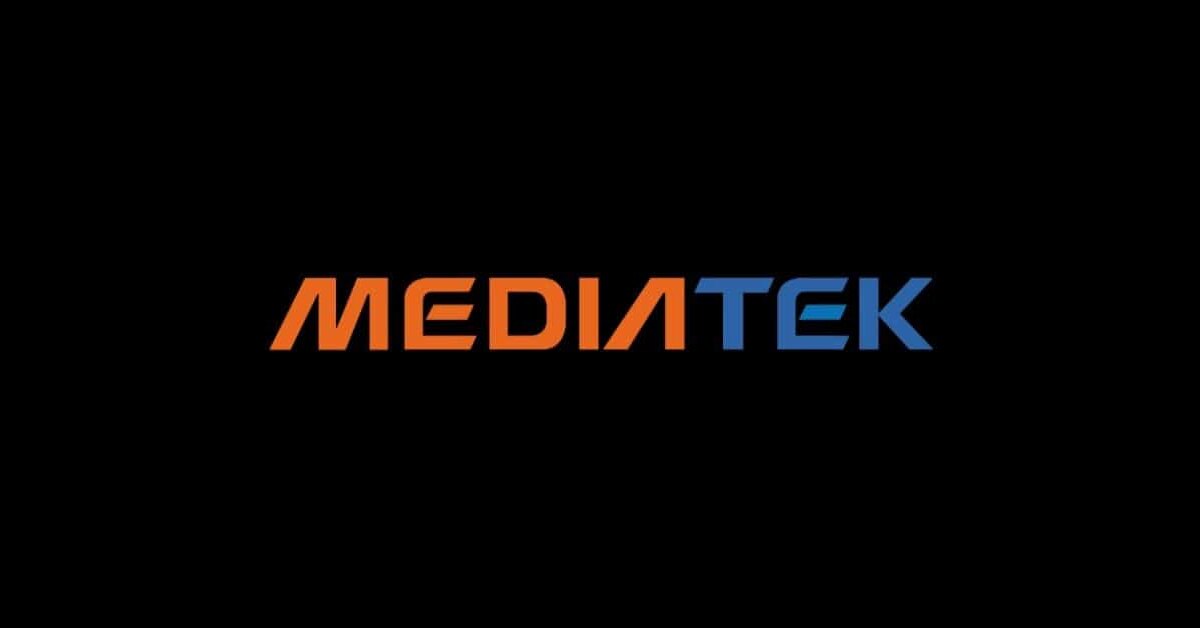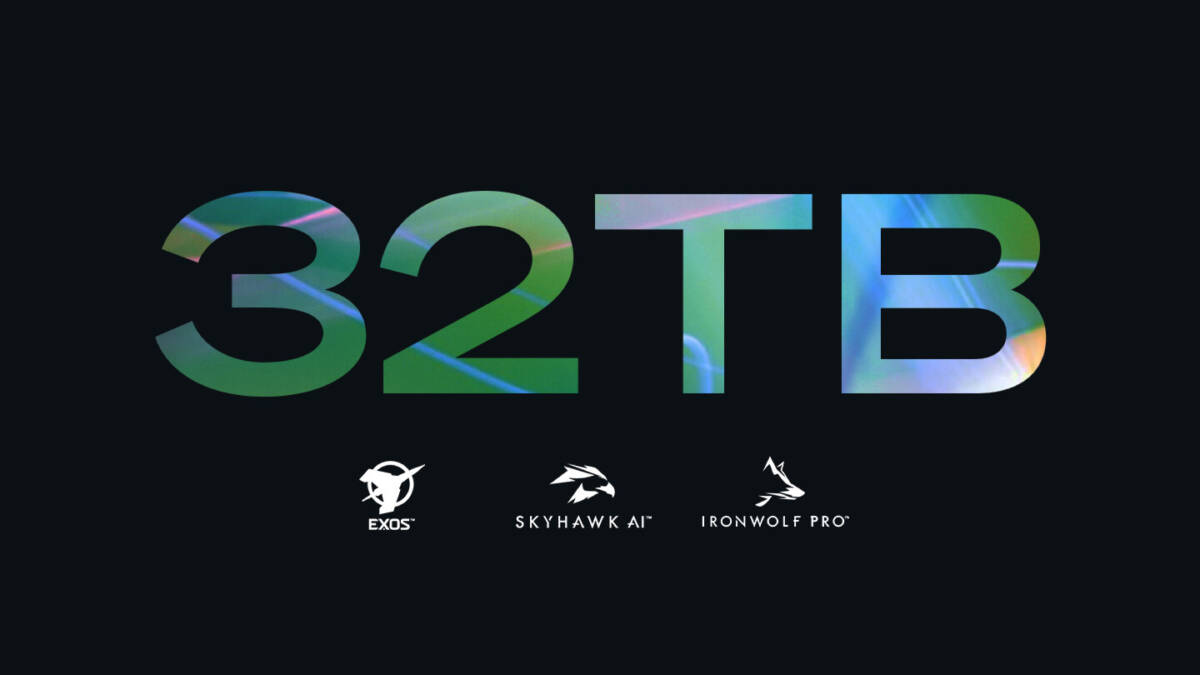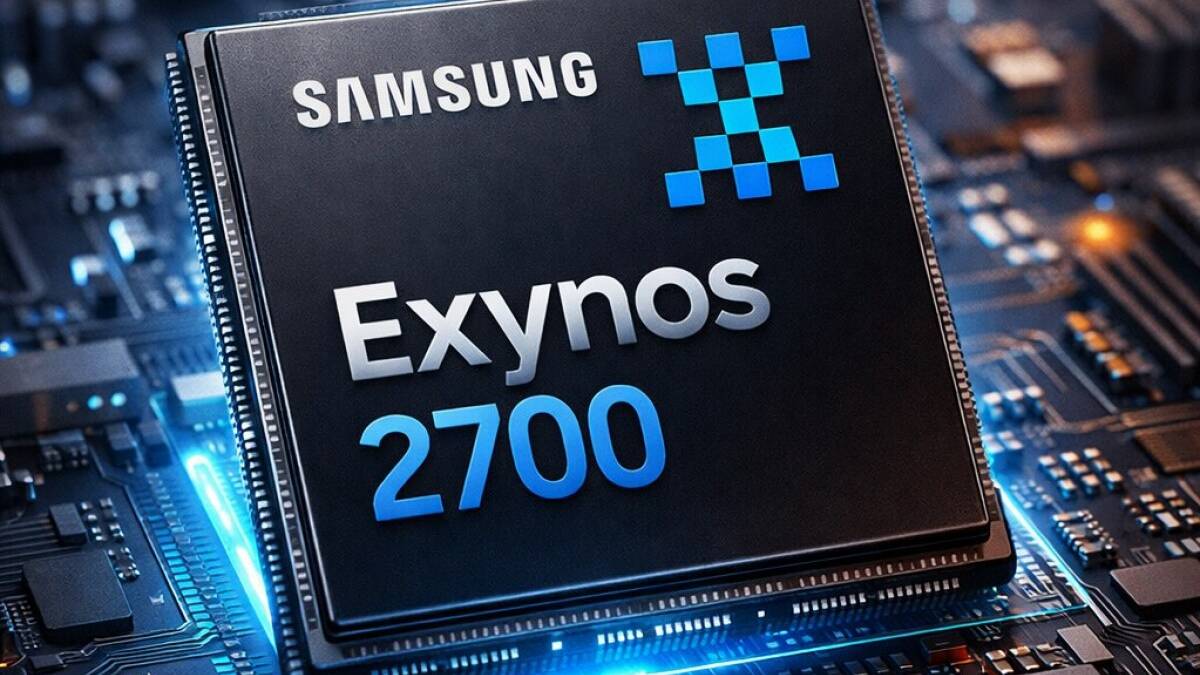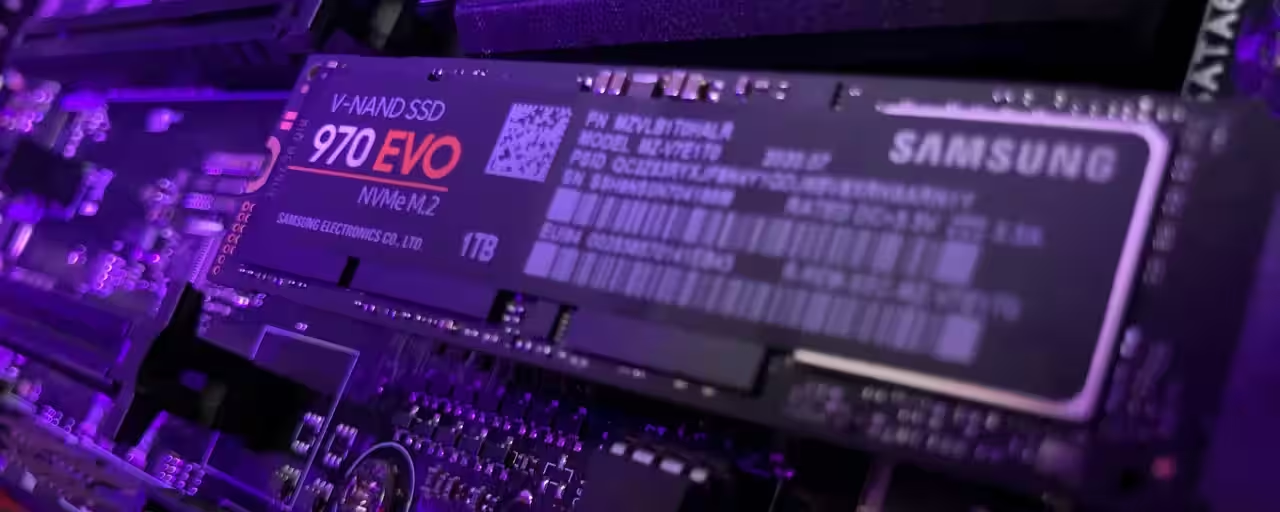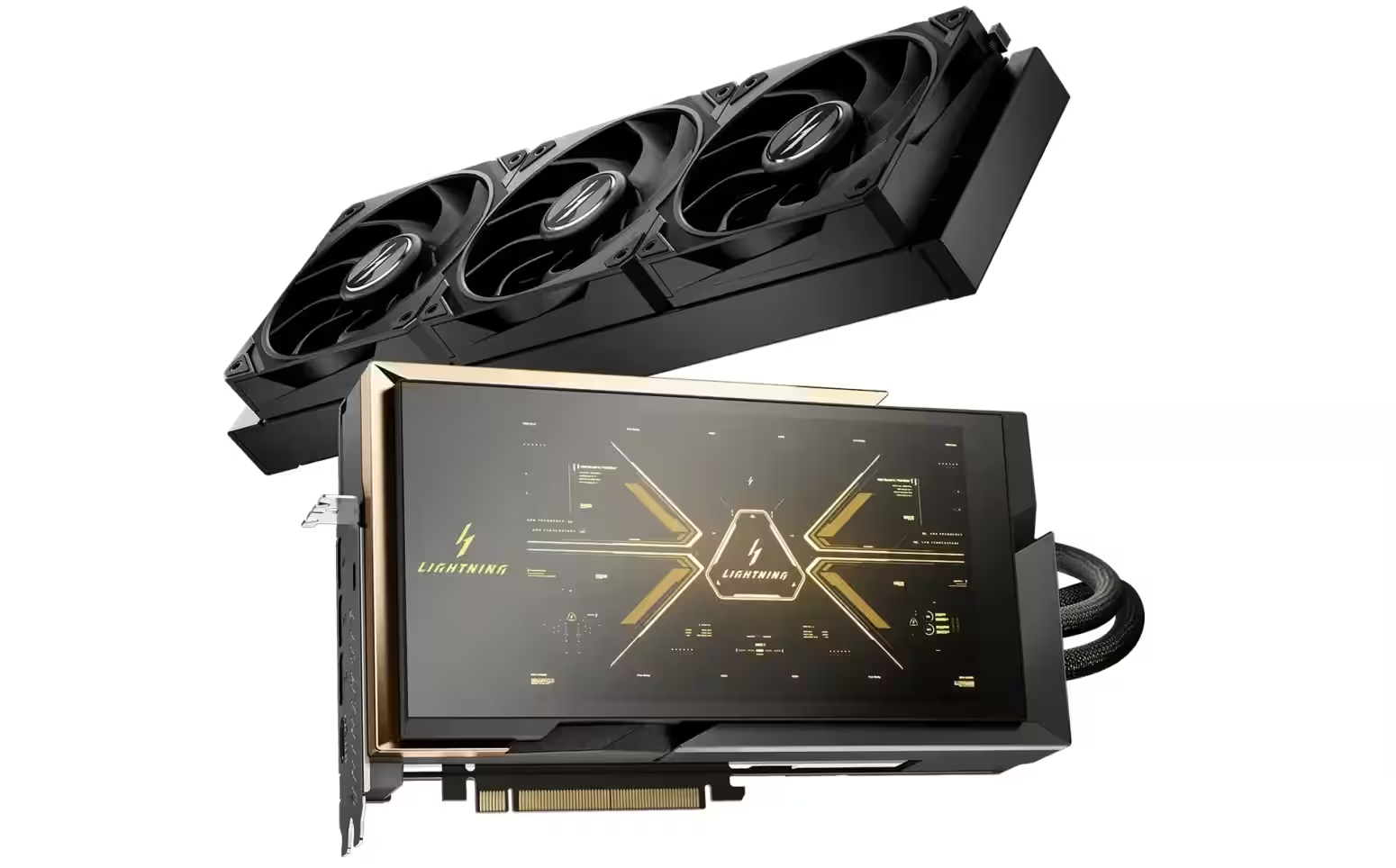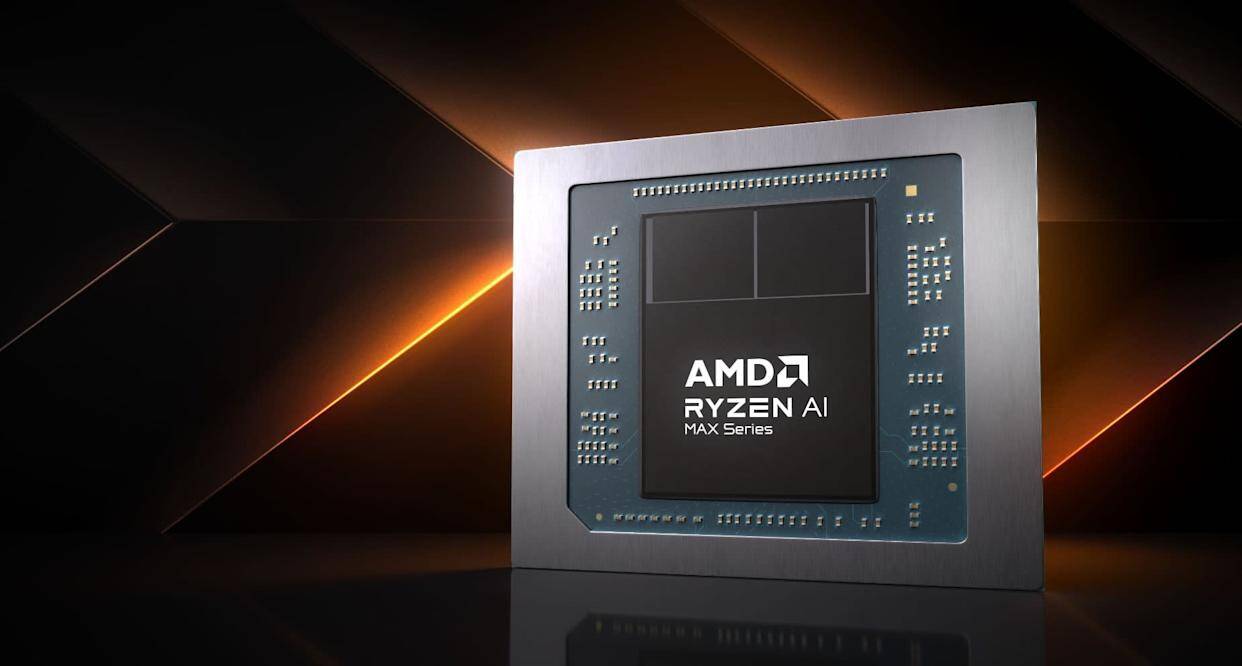Nvidia announces new RTX Pro Blackwell series of graphics cards for workstations and servers
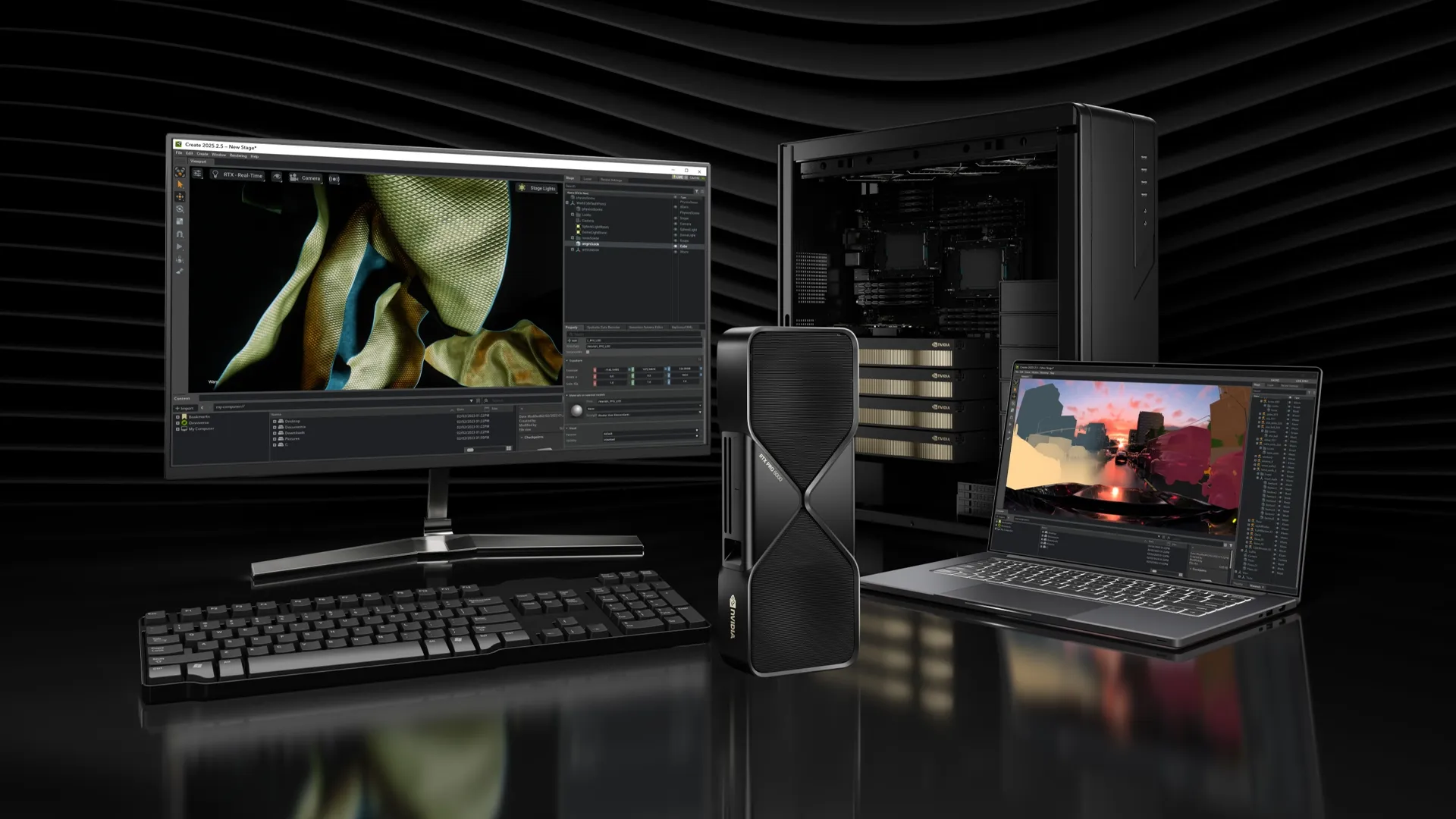
Nvidia wrapped up its annual GPU Technology Conference (GTC), but one major announcement was left out of CEO Jensen Huang’s two-hour presentation. The company unveiled its new RTX Pro Blackwell series of graphics cards for workstations, servers and notebooks, with a flagship model that far surpasses even the RTX 5090.
Flagship – RTX Pro 6000 Blackwell Workstation Edition
Despite a name that may imply a whole new generation, the RTX Pro 6000 Blackwell Workstation Edition is based on the same architecture as the RTX 5090. This model is aimed at workstation users utilizing powerful hardware for data processing, simulation and AI training. We first learned about the new map last week.
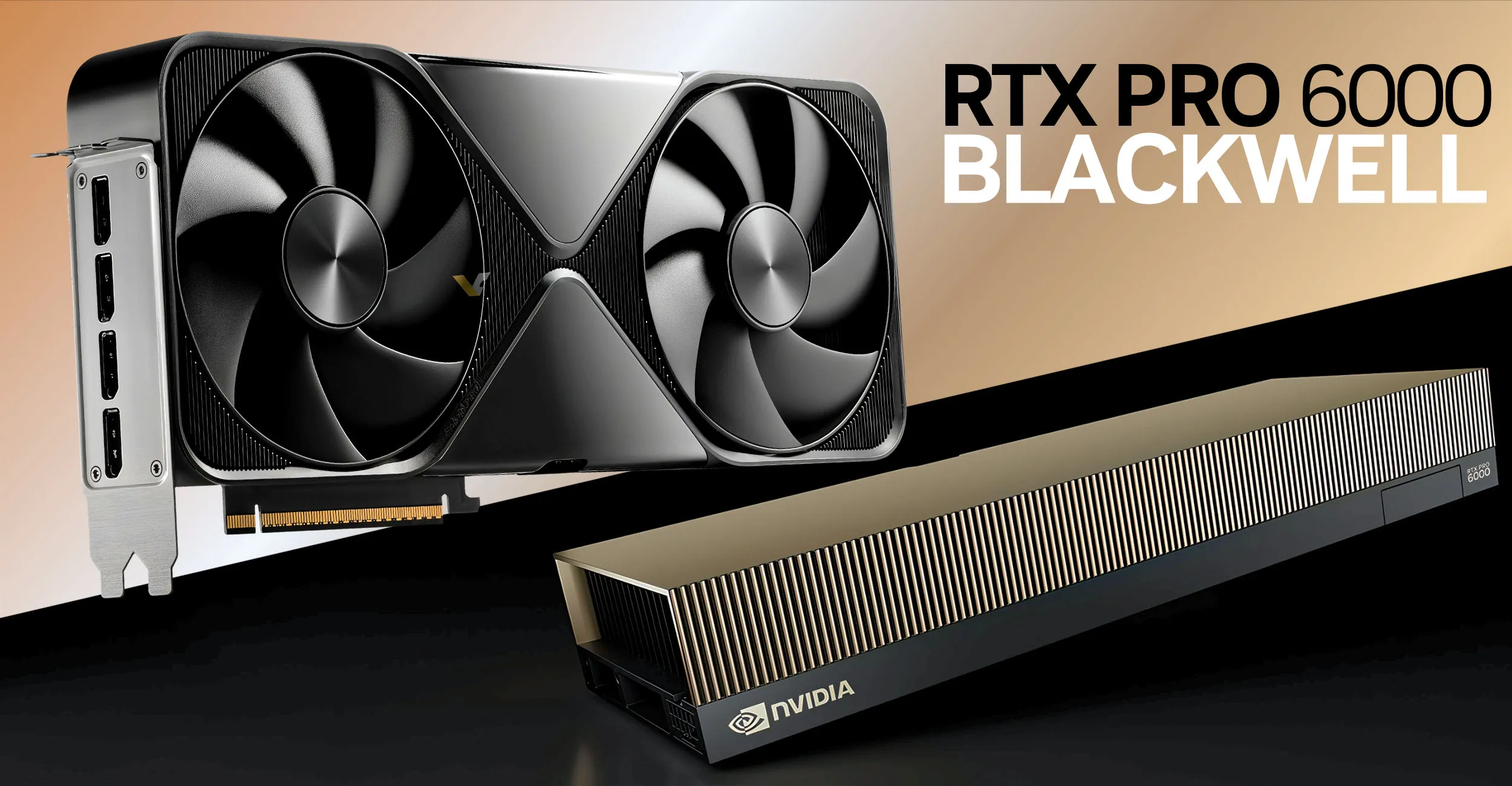
Impressive specs
RTX Pro 6000 Blackwell features some truly impressive specs. The card features 24,064 CUDA cores, which is 10% more than the RTX 5090. It also features 96GB of GDDR7 ECC memory and has a power consumption of 600W.
Nvidia will offer this card in three variants, all of which have the same number of CUDA cores and 96GB of memory. These are the Workstation and Server versions, which have slightly different form factors depending on the application. In addition, a Max-Q version will be available, which, despite the name, is still a desktop card, but with a reduced power consumption of 300W.
Workstation and Server Version
The workstation model will be introduced as a standalone dual-stream graphics card, much like Founder’s Editions from Nvidia, such as the RTX 5070. Nvidia said the card will be available from April through PNY and TD Synnex, as well as OEM partners such as Boxx, Dell, Lenovo and HP in May. The server model will be exclusive to OEM partners such as Cisco, Dell, Supermicro and Hewlett Packard Enterprise.
Availability and Future of RTX Pro
Nvidia has not revealed details on the more affordable RTX Pro desktop models at this time, but has said that workstation cards will be available from OEM partners this summer. For notebooks, the company announced new cards coming later this year from brands such as Razer, Lenovo, HP and Dell.
Pricing for the new cards has not yet been revealed, but it’s safe to say that these devices will cost a lot considering their power and capabilities.

